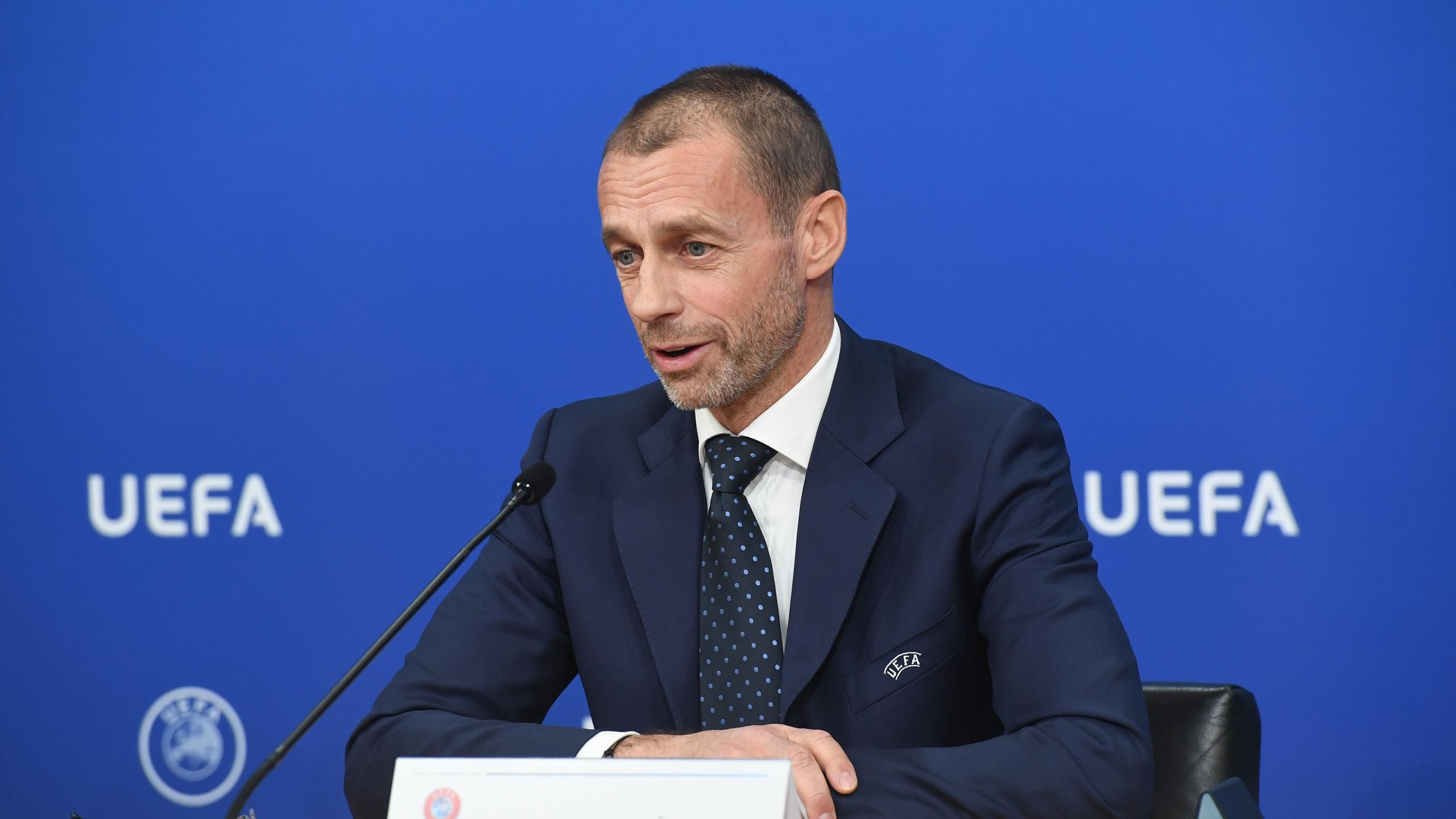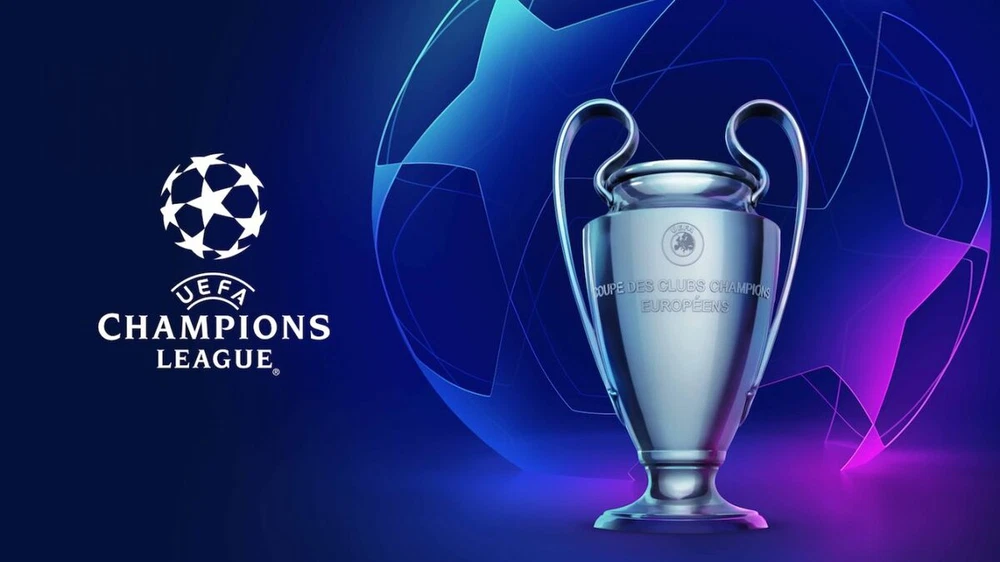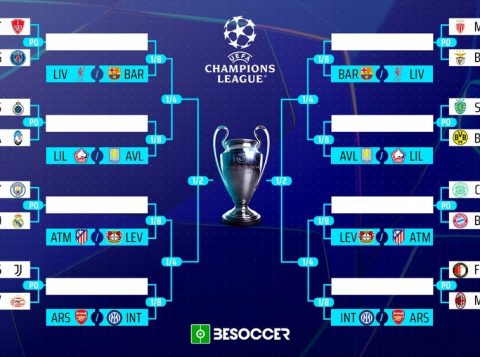
UEFA President Ceferin Discusses Vi
As of February 24, 2025, European football is abuzz with discussions surrounding the potential transfer of Real Madrid’s star forward, Vinicius Jr., to Saudi Arabia, as well as the recent modifications to the UEFA Champions League format. In a recent interview, UEFA President Aleksander Ceferin shared his insights on these pressing topics, shedding light on the future of European football.
Vinicius Jr.’s Potential Move to Saudi Arabia
Reports have emerged suggesting that Vinicius Jr. is on the verge of a groundbreaking transfer to a Saudi Arabian club, with the deal potentially making him the world’s first footballer billionaire overnight. The proposed transfer fee is estimated at €300 million, providing Real Madrid with a substantial return on their initial investment. This move is seen as a significant step in Saudi Arabia’s strategy to attract top-tier football talent, transitioning from signing veteran players to securing young stars in their prime.
President Ceferin addressed these rumors, expressing skepticism about the financial viability of such a transfer. He questioned the economic foundation of the reported figures, suggesting that while the numbers are staggering, their practicality remains uncertain. Ceferin’s comments highlight the broader concerns within UEFA regarding the financial implications of emerging markets influencing player transfers and the potential impact on European clubs.
Vinicius Jr.’s potential departure from Real Madrid is also influenced by recent challenges, including missing out on the Ballon d’Or to Manchester City’s Rodri Hernández and facing repeated instances of racism in La Liga. These factors have reportedly contributed to his consideration of a move away from European football.
Champions League Format Changes
The 2024/25 season marked a significant transformation in the UEFA Champions League format. The traditional group stage was replaced with a “Swiss-style” league format, expanding the competition from 32 to 36 teams. Under this new system, each team plays eight matches against different opponents, evenly split between home and away games. This change aims to provide more dynamic and unpredictable matchups, enhancing the competition’s appeal to fans and stakeholders.
President Ceferin reflected on the inaugural season of this new format, noting the positive feedback received from clubs, players, and fans alike. He emphasized that the league phase has introduced a heightened level of excitement and unpredictability, with more teams remaining in contention for advancement deeper into the competition. This shift has not only increased viewership but also satisfied sponsors and broadcasters, contributing to the overall growth and popularity of European club football.
The decision to implement these changes followed extensive planning and consultation over six years, involving mathematical models and simulations to ensure the new format would enhance the competition’s quality. The league phase’s success has validated UEFA’s efforts, promising an even more thrilling knockout stage in the coming months.
UEFA’s Stance on Transfer Market Dynamics
The potential transfer of Vinicius Jr. to Saudi Arabia raises questions about the evolving dynamics of the global football transfer market. Emerging markets with substantial financial resources are increasingly influencing player movements, challenging traditional European powerhouses. President Ceferin acknowledged this trend, emphasizing the need for UEFA to monitor these developments closely to maintain competitive balance within European competitions.
Ceferin highlighted the importance of financial fair play regulations in ensuring that clubs operate within their means, preventing financial disparities from undermining the integrity of competitions. He reiterated UEFA’s commitment to adapting its policies to address the challenges posed by new financial players in the football landscape, ensuring that the sport remains fair and competitive.
The Future of European Football
As European football navigates these transformative times, the roles of key stakeholders, including governing bodies, clubs, players, and fans, are more interconnected than ever. President Ceferin emphasized the collective responsibility to uphold the sport’s values, ensuring that financial interests do not overshadow the essence of the game.
The Champions League’s new format and the potential high-profile transfers underscore the dynamic nature of football, reflecting its global appeal and the continuous evolution of the sport. UEFA’s proactive approach in implementing format changes and addressing transfer market shifts demonstrates its dedication to preserving the competitiveness and integrity of European football.
Support Your Team
As a passionate football fan, your support plays a crucial role in your team’s success. Stay updated with the latest news, exclusive content, and engage with a vibrant community of fellow supporters by visiting Me88. Together, we can celebrate the beautiful game and cheer our favorite clubs to victory!











